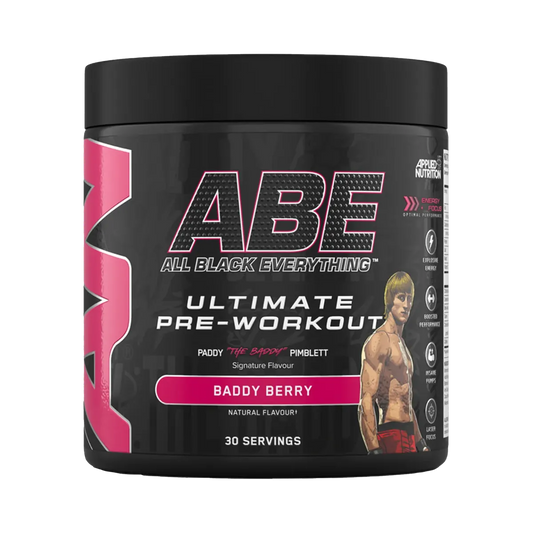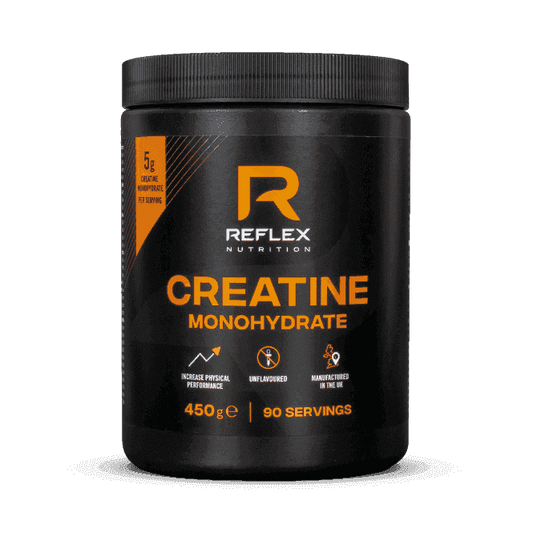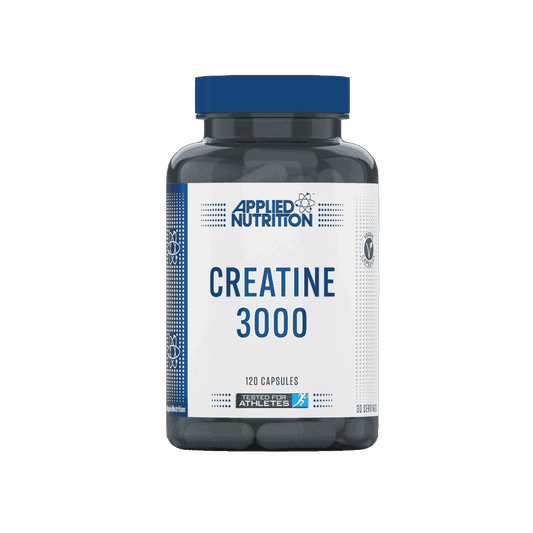Greetings, fitness enthusiasts! Today, I want to delve into a topic that has sparked much discussion in the fitness world: creatine. As the one and only Uncle Gym, I've seen the incredible transformations this supplement can support. In this blog, we'll explore the benefits of creatine, address common concerns, and dispel some myths. Whether you're a seasoned athlete or just beginning your fitness journey, this guide will provide valuable insights into how creatine can help you achieve your goals.
What is Creatine?
Creatine is a naturally occurring compound found in our muscle cells. It's primarily used to produce energy during high-intensity, short-duration activities such as weightlifting and sprinting. While our bodies produce some creatine, it's also obtained through dietary sources like red meat and fish. However, to experience its full benefits, many turn to creatine supplements.
The Benefits of Creatine
Increased Muscle Strength and Size
Creatine is renowned for its ability to enhance muscle strength and size. By increasing the availability of adenosine triphosphate (ATP) in muscle cells, creatine provides a quick energy source, allowing you to lift heavier and perform more reps. This leads to greater muscle hypertrophy over time.
Improved Exercise Performance
For those engaging in high-intensity, explosive activities, creatine can be a game-changer. It helps delay muscle fatigue, allowing you to push harder and longer during your workouts. This is especially beneficial for athletes involved in sports requiring short bursts of energy.
Enhanced Recovery
Creatine also aids in post-workout recovery. By reducing muscle cell damage and inflammation, it accelerates the recovery process, allowing you to train more frequently and effectively.
Cognitive Benefits
Interestingly, creatine isn't just for your muscles. Emerging research suggests that creatine supplementation may support cognitive function, including memory and brain performance, particularly in older adults.
Creatine Water Weight: What You Need to Know
One of the most common concerns about creatine supplementation is water retention. Many worry that creatine will cause them to gain unwanted water weight. Let's clarify this.
Understanding Water Retention
When you start taking creatine, your muscles draw in more water. This intracellular water retention can lead to an increase in body weight. However, this is not the same as bloating or subcutaneous water retention, which can make you look puffy. The water retained within your muscle cells actually makes your muscles appear fuller and more voluminous.
Is Water Weight a Bad Thing?
Not at all! The water retention associated with creatine is a sign that the supplement is working. It indicates that your muscles are being adequately hydrated, which is essential for optimal performance and growth. If you're concerned about a slight increase in weight, remember that this is largely water within the muscle, not fat.
Does Creatine Help You Burn Fat?
There's a common misconception that creatine is solely for bulking and muscle gain, but can it also help you burn fat? The answer is both direct and indirect.
Direct Effects on Fat Loss
Creatine itself does not directly burn fat. Its primary function is to provide energy for high-intensity activities and to aid in muscle growth. However, having more muscle mass can increase your basal metabolic rate (BMR), meaning you burn more calories at rest.
Indirect Effects on Fat Loss
Where creatine shines in fat loss is through its ability to enhance your workout performance. By allowing you to train harder and longer, creatine helps you burn more calories during your workouts. Additionally, the muscle you build through enhanced performance contributes to a higher overall calorie expenditure.
Addressing Concerns: Creatine Kidney Issues
Myth vs. Reality
One of the most persistent myths about creatine is that it can cause kidney damage. This concern stems from the fact that creatine supplementation increases creatinine levels, a marker often used to assess kidney function. However, increased creatinine levels due to creatine supplementation do not indicate kidney damage.
Scientific Evidence
Numerous studies have examined the safety of creatine supplementation, even at high doses, and found no evidence of adverse effects on kidney function in healthy individuals. If you have pre-existing kidney conditions, it's always best to consult with your healthcare provider before starting any supplement regimen.
Responsible Use
To ensure safe and effective use of creatine, adhere to recommended dosages. A typical regimen involves a loading phase of 20 grams per day for 5-7 days, followed by a maintenance phase of 3-5 grams per day. Drinking plenty of water can also help mitigate any potential issues with dehydration or cramping.
How to Choose the Right Creatine Supplement
Types of Creatine
The most researched and widely used form of creatine is creatine monohydrate. It's been proven effective and safe in numerous studies. Other forms, like creatine ethyl ester and buffered creatine, are available, but they have not shown significant advantages over creatine monohydrate.
Quality and Purity
When selecting a creatine supplement, look for reputable brands that guarantee high purity and quality. Third-party testing and certification can provide additional assurance of the product's integrity. Check out what we have in stock!
Convenience and Form
Creatine supplements come in various forms, including powder, capsules, and chewables. Choose a form that fits your lifestyle and preferences. Powder is often more cost-effective and versatile, but capsules can be more convenient for on-the-go use.
Incorporating Creatine into Your Routine
Timing and Dosage
As mentioned earlier, start with a loading phase of 20 grams per day for the first week, divided into 4 doses of 5 grams each. After this phase, a maintenance dose of 3-5 grams per day is sufficient. Creatine can be taken at any time of the day, but many prefer to take it post-workout when your muscles are most receptive to nutrient uptake.
Mixing and Consumption
Creatine mixes well with water, juice, or your post-workout shake. Some studies suggest that combining creatine with carbohydrates can enhance its uptake, so consider taking it with a carbohydrate-rich drink.
Consistency is Key
To experience the full benefits of creatine, consistency is crucial. Make it a part of your daily routine, even on rest days, to maintain elevated creatine levels in your muscles.
Final Thoughts: Is Creatine Right for You?
As the one and only Uncle Gym, I can attest to the transformative power of creatine. It's one of the most researched and effective supplements available, offering a range of benefits from increased muscle strength and improved exercise performance to enhanced recovery and potential cognitive support.
While creatine is generally safe for healthy individuals, it's important to use it responsibly and consult with a healthcare professional if you have any pre-existing conditions. By incorporating creatine into your fitness regimen, you can unlock new levels of performance and achieve your health and fitness goals more efficiently.
If you're ready to experience the benefits of creatine, check out our selection of high-quality creatine supplements in our store. Remember, your journey to better health and fitness is a marathon, not a sprint. Stay consistent, stay motivated, and enjoy the process. Happy training!





